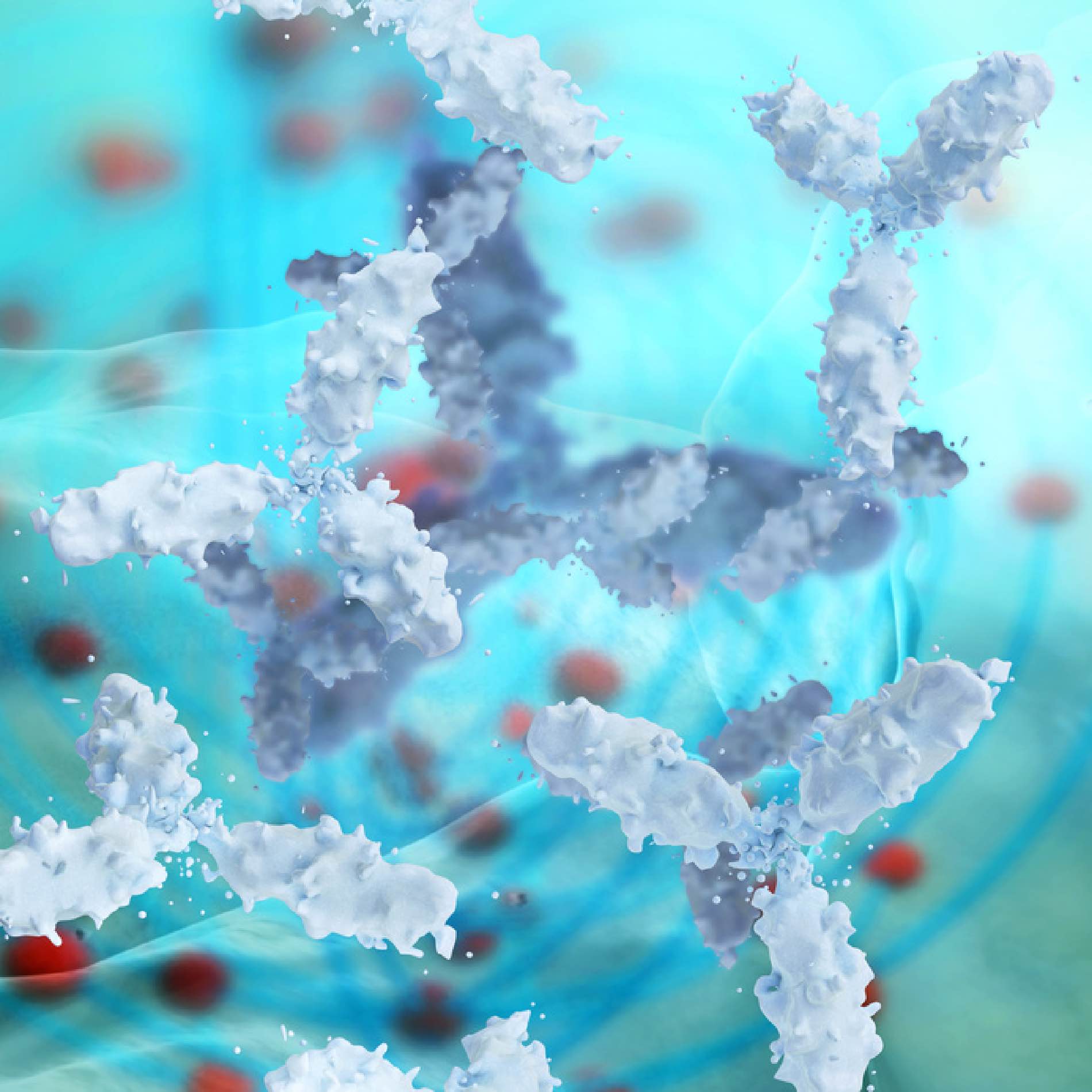Share this Page:
A new study published in JAMA Oncology shows that treatment with nivolumab in previously treated patients increased 5-year survival rates for those with advanced melanoma, renal cell carcinoma (RCC), or non-small cell lung cancer (NSCLC).
Five -year survival rates were analysed in 270 patients with either melanoma, RCC or NSCLC in a phase 1 clinical trial of nivolumab. Patients were treated in outpatient clinics every 2 weeks in 8-week cycles with between 0.1 to 10.0 mg/kg nivolumab intravenously. Treatment duration was up to 2 years. Patients had been previously treated, and more than 40% had received 3 or more prior systemic therapies.
Estimated 5-year survival rates were 34.2% for melanoma patients, 27.7% for RCC patients, and 15.6% for NSCLC patients. Other observations were:
- Patients with larger tumours were significantly less likely to survive for 5 years after starting nivolumab treatment
- Patients with low immune cell counts in their blood at the time treatment with nivolumab began were significantly less likely to benefit
- Patients who entered the study without any symptoms were significantly more likely to survive for 5 years, compared to those who had symptoms
- Patients with adverse events (AEs) associated with nivolumab had a significantly longer overall survival compared with those who did not experience treatment-related AEs (19.8 months versus 5.8 months). The presence of AEs appeared to be a marker of long-term survival.
The researchers said, “Based on the findings in this study, we can reassure our patients that if they develop these side effects, it may very well put them in a better response and long-term effect category. The real issue is whether we can devise treatments to manage these side effects that will not interfere at all with the anti-tumour immune response.”
The authors concluded that understanding the factors associated with long-term survival may help inform treatment approaches for individual patients and strategies for future clinical trial development.















